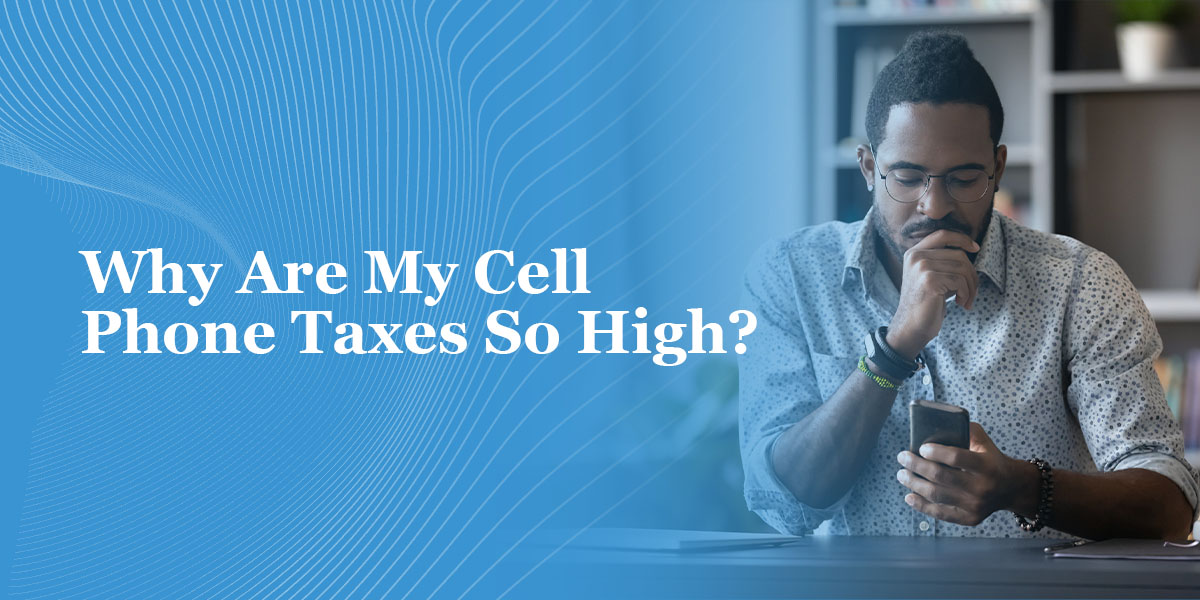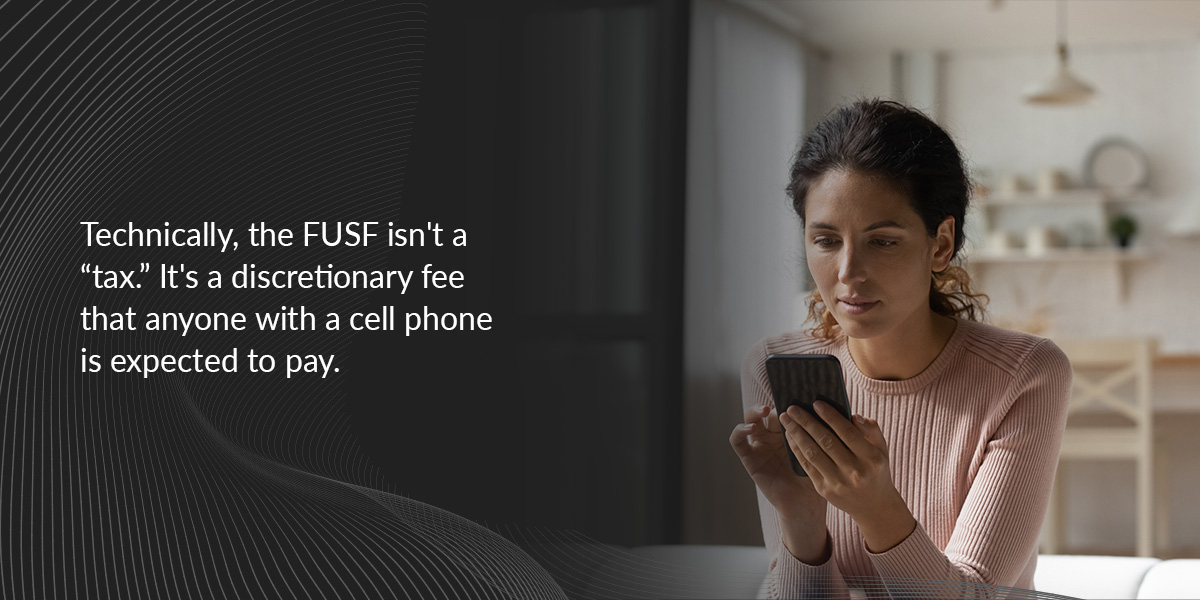
Over the years, the amount on your cell phone bill has likely dropped. Since 2008, the average price of a cell phone bill has fallen by 23%. One thing that hasn’t fallen over the years is the amount of tax you have to pay on a cell phone bill. They’ve gone up from an average of 15.1% to 19.1% of the total bill.
The average family pays around $300 in taxes on their mobile phone plan each year. Cell phone taxes come from multiple sources, including the federal government and state governments. How much you pay depends on where you live. A tax attorney can help you better understand the tax on your cell phone bill and what you can do about it.

Cell phone taxes are fees you need to pay if you have a wireless phone. Some of the taxes on your bill come from the federal government. An example is the Federal Universal Service Fund (FUSF). The FUSF comes from the Federal Trade Commission (FTC). It’s supposed to provide funding to ensure nationwide telecommunications services, mainly by subsidizing those services in rural areas.
Technically, the FUSF isn’t a “tax.” It’s a discretionary fee that anyone with a cell phone is expected to pay. The FUSF can change regularly, often every quarter.
As of 2021, the FUSF rate is 11.8%. Other fees and taxes on your phone bill include state and local taxes. These can vary considerably from location to location. Illinois has the high state cell phone taxes, at 22.76%. Oklahoma’s cell phone tax rate is 14.65% and Florida’s is 15.03%. Idaho has the lowest tax rate, just 2.83%.
In addition to state taxes, you might have to pay a fee for 911 and 988 services. The number 911 is for emergency services and 988 is for suicide prevention. There’s a lot of variance in 911 fees. You might not have to pay the fee or it can be as much as $5 per month. So far, Virginia is the only state to implement a 988 tax. It’s 12 cents per line, monthly.
Under the Mobile Telecommunications Sourcing Act of 2002, your cell phone bill comes from your primary place of use, meaning the state you live in. You can’t buy phone service in a state with lower taxes to take advantage of a lower tax bill. If you’re bothered by the tax rate in your state or municipality, you might consider moving, but there’s always a chance that the area you move to will increase taxes at some point.
There might be some good news on the horizon for cell phone users, which is most people. The Wireless Tax Fairness Act, introduced in Congress in 2015, aims to limit the additional, new taxes states and localities can charge on wireless bills. It hasn’t passed yet, but if it does, it would prevent your cell phone bill from getting higher due to taxes.
Another bit of bright news is that the Internet Tax Freedom Act, passed in the late 1990s, was made permanent in 2020. The act prevents states from taxing internet services. When it first passed, it allowed states that had a tax on internet services to continue to collect that tax. That privilege expired in 2020. It won’t reduce your cell phone bill, but it does mean you won’t have to pay a tax on your home internet service.
Are you still confused about what taxes you’re paying on your cell phone bill and if you really need to pay them? If you have any questions about wireless taxes — or any of your other taxes, of course — give us a call at 844-841-9857, or schedule a free consultation here.